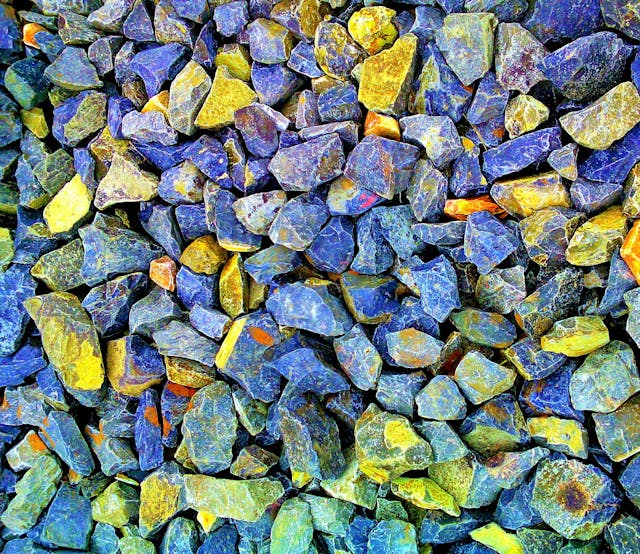Beijing’s Decision Spurs Urgent Coordination Across the EU
The European Union is preparing a joint reaction after China unveiled new restrictions on the export of rare-earth minerals essential to Europe’s manufacturing and energy sectors. The update, detailed in Announcement No. 61 from Beijing, expands export licensing to include key elements such as holmium, europium, erbium, thulium, and ytterbium. After a meeting of trade ministers on 14 October 2025, EU Trade Commissioner Maroš Šefčovič said the bloc will work with its G7 partners to shield European industries from potential supply disruptions and reinforce the resilience of its high-tech production lines.
China’s Dominance Raises Economic and Strategic Alarm
China’s control over more than 80 percent of global rare-earth processing has long been a source of concern for Europe, which relies heavily on these materials for electric vehicles, wind turbines, and defense technology. The new rules, which take effect on 1 December 2025, risk tightening supplies of critical inputs just as Europe accelerates its green transition. Analysts warn that the move could drive up costs for manufacturers and expose vulnerabilities in Europe’s supply networks. In response, Brussels and several member states are prioritizing recycling programs, domestic resource development, and partnerships with alternative suppliers in Africa and Scandinavia.
EU Favors Diplomatic Path Before Considering Trade Retaliation
Brussels is pursuing a coordinated diplomatic strategy rather than immediate economic countermeasures. Discussions are underway with Washington, Tokyo, and Ottawa to craft a shared approach and determine whether Beijing’s actions breach international trade rules. Danish foreign minister Lars Løkke Rasmussen, currently leading the EU Council presidency, called the situation “a pivotal test of Europe’s ability to act collectively in defense of its interests.” The European Commission is expected to release a detailed plan later this year outlining legal steps, cooperation frameworks, and long-term initiatives to reduce the bloc’s dependence on Chinese mineral supplies.


